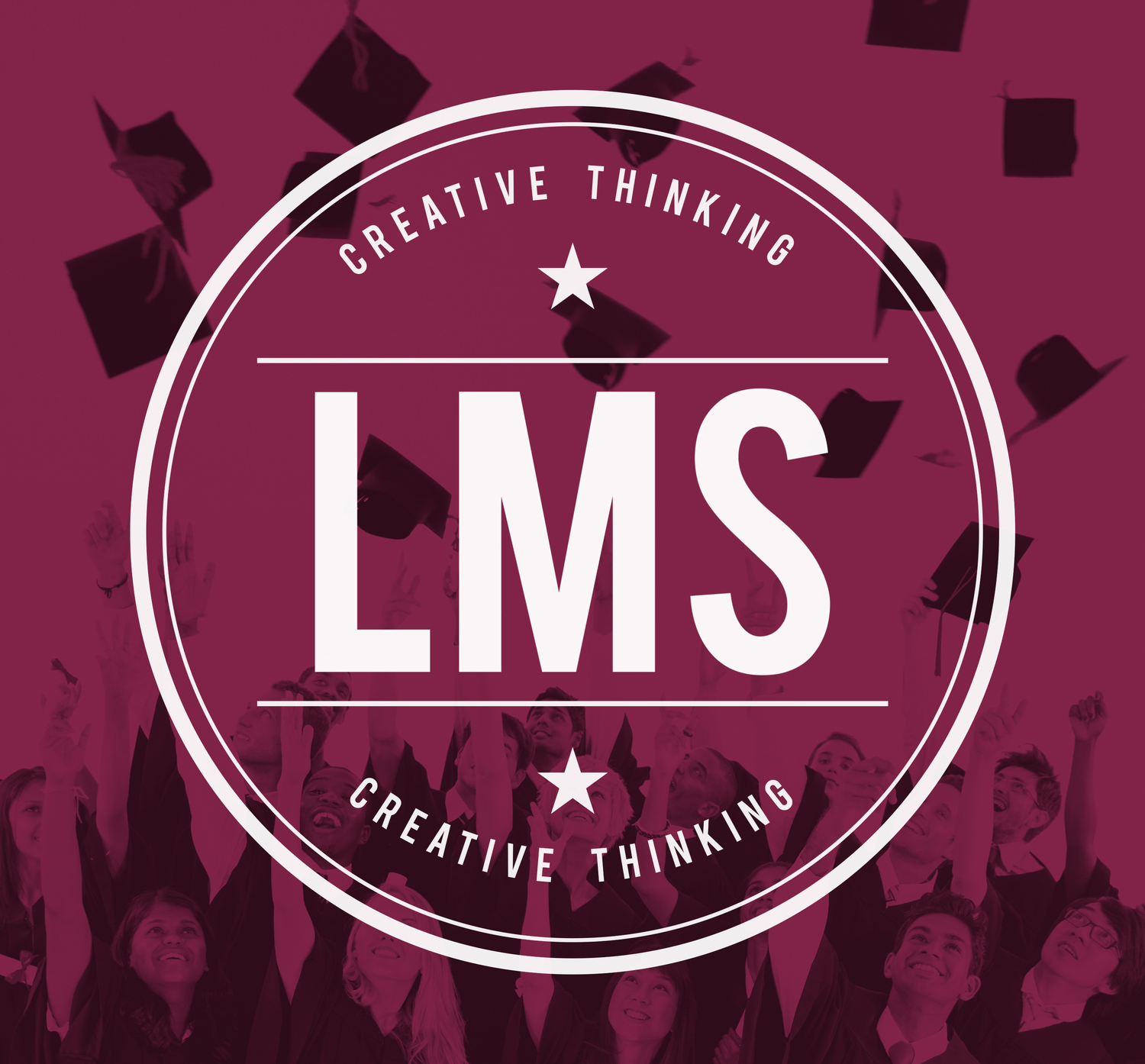Essential Components Of An Effective Customer Service Training Programs
Essential Components of an Effective Customer Service Training Program
For any company or business to be successful, it has to have a good customer base. Only a good customer base can ensure continuous profits to your company. Nowadays, customer service is given more importance than the actual product or service that you are selling. The experience that the customer has while purchasing your goods or while dealing with your company determines whether or not he/she will come back to your place of business or store.

It has become the need of the hour to train your employees so that they can give your customers the best experience possible in your store. Customer service training programs are conducted at almost every company nowadays for the employees. There are specialists who come and train the employees to help them provide the best customer service possible. Conducting customer service training programs have become a business in itself. Listed below are the three main parts of an effective customer service training program.
THEORETICAL TRAINING
The first stage of a customer service training program is theoretical training. In this stage, the experts conduct seminars and lectures regarding good customer service. The students are taught how to communicate properly and help the customer effectively. They are taught how to make a customer feel special so that they are motivated to visit the store again. A confidence building workshop is often conducted for the sales person. A sales person is usually the first person that a customer interacts with. The training program aims at building the employee’s confidence and boosts his morale. This is because only a confident person can convince a customer to buy a certain product. The employees are also given full information regarding the product so that he can answer any questions that the customer might have before purchasing the product. Thus, a theoretical training is an important part of the customer service training program .
TRAINING REINFORCEMENT PROGRAM
Once the employees have received full theoretical knowledge, they have to be evaluated. This evaluation process can take place in stages by different methods. They can be given written tests with situations written where they must put to use the theoretical knowledge. Simulations can also be used to evaluate the employees. Once they are tested, there should be a revision session where role plays, discussions, etc. can take place. Revision helps retain the information that you receive. One can also compare answers with one another. Every person can have a different approach towards handling a situation. Group discussions help everyone share their ideas so that in case they are stuck in a similar situation, they have a few different ways of handling it. From these, he can choose the way that will help solve the problem the best. This stage is extremely important as it gives the employees a deeper and more practical experience of customer service before putting these skills to use.
REAL WORLD APPLICATION
The last stage of a Customer Service Training Program is the real world application of the theoretical knowledge and practical experience. Often, as soon as the employee finishes attending a customer service training program, he/she is put on the field. Their performance is constantly monitored and supervised. This is often called a probation period. If the employee is able to provide good customer service, his session at the training program is deemed successful and he is taken off of probation. Real world application of his newly acquired skills is the real test of whether or not the customer service training program was successful. It is therefore one of the most important parts or stage of the customer service training program.
Most customer service training programs follow these three stages to ensure a successful session. The above mentioned are the crucial components that form a perfect training program. Often these training programs are conducted by specialized organizations that are paid by the organization to conduct these programs.




